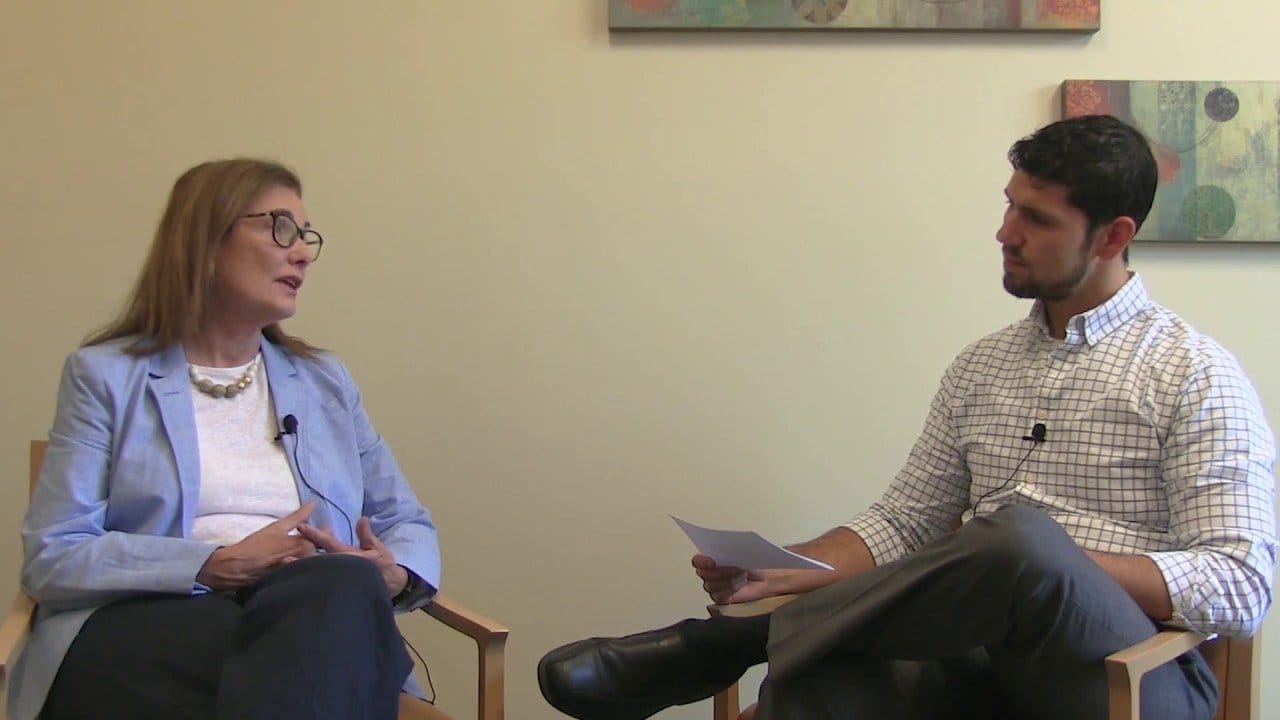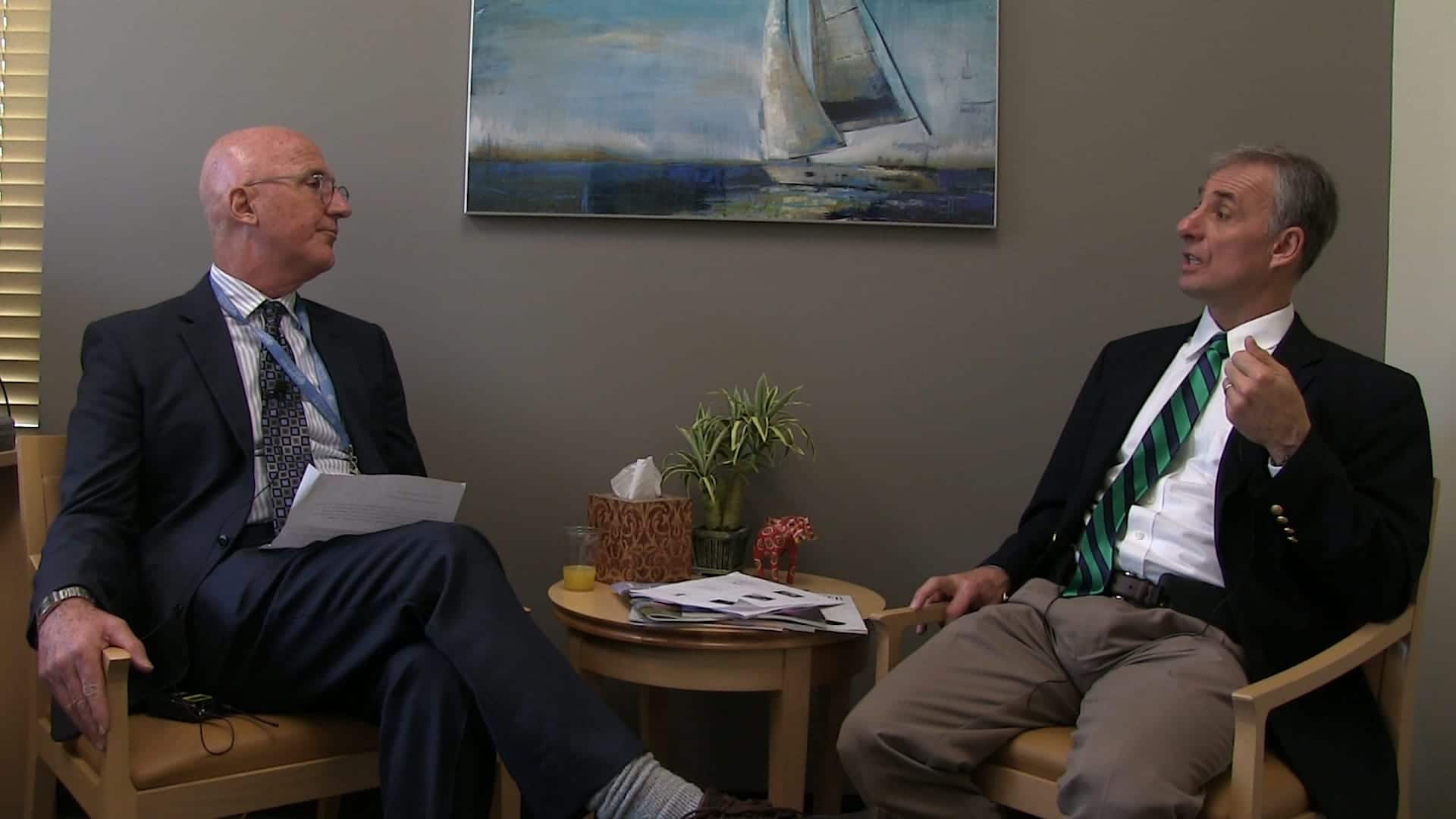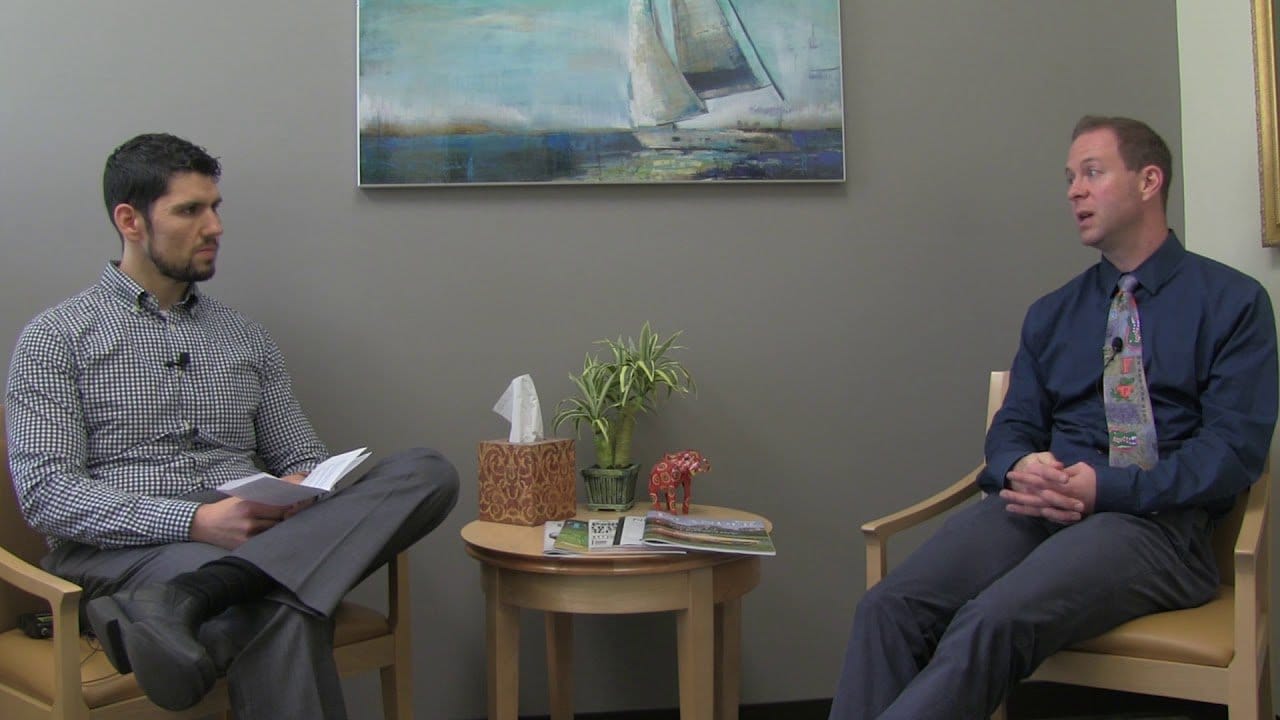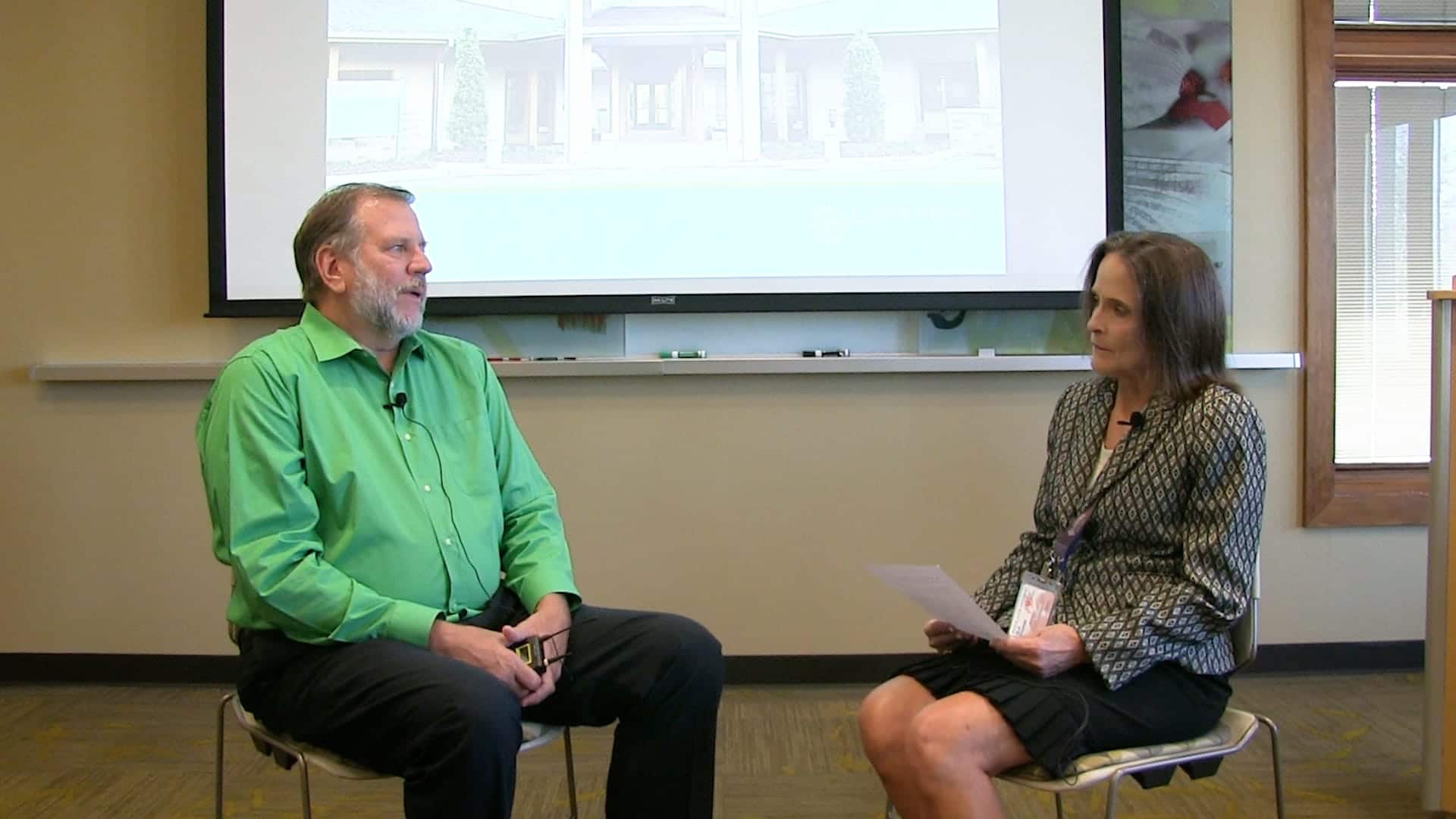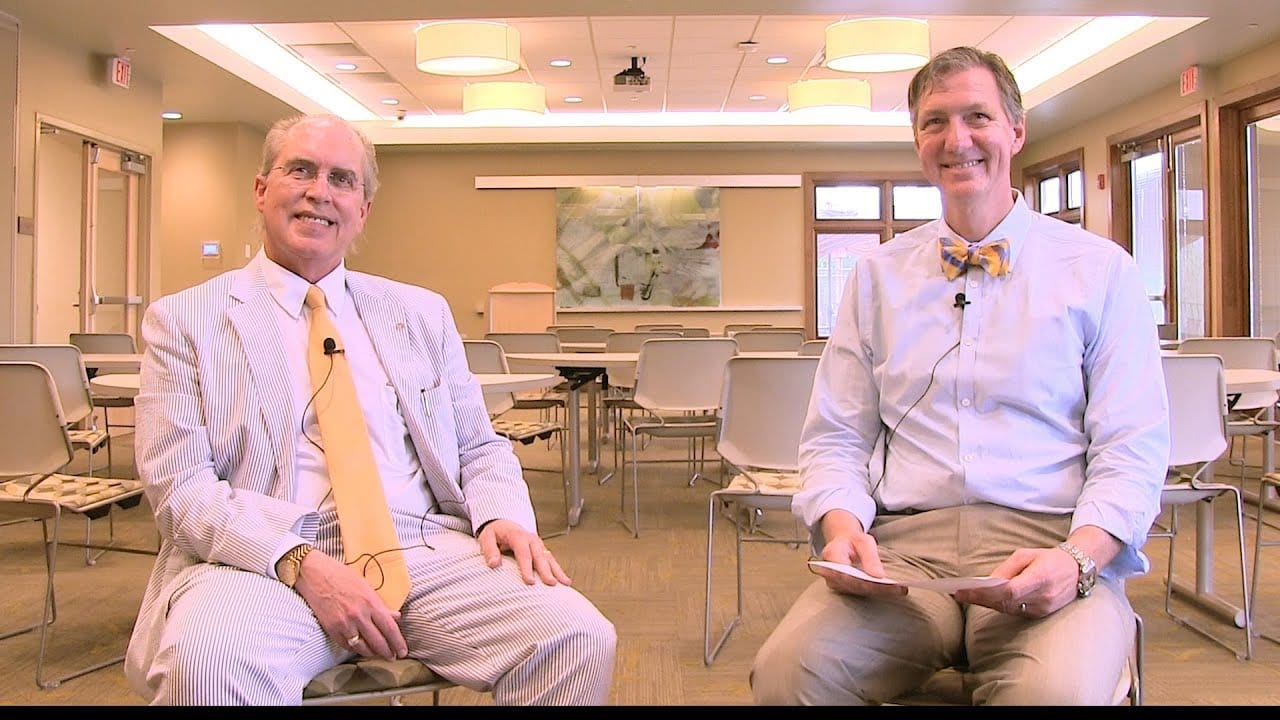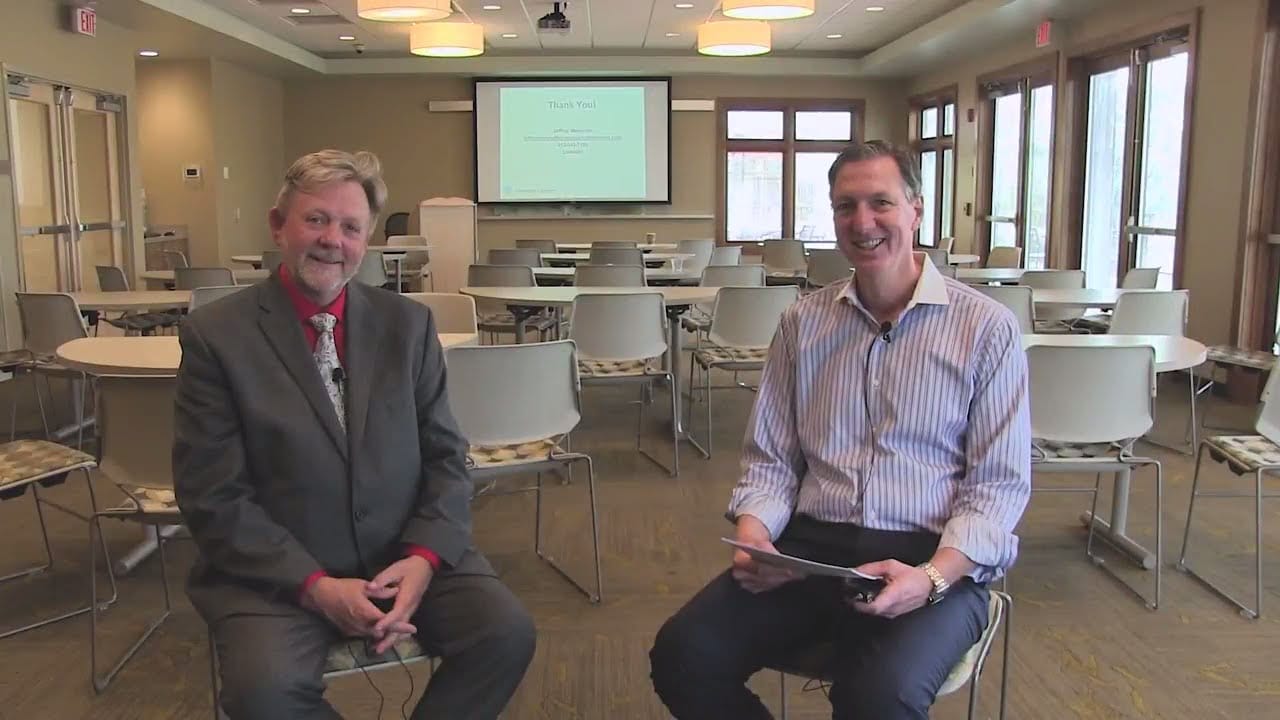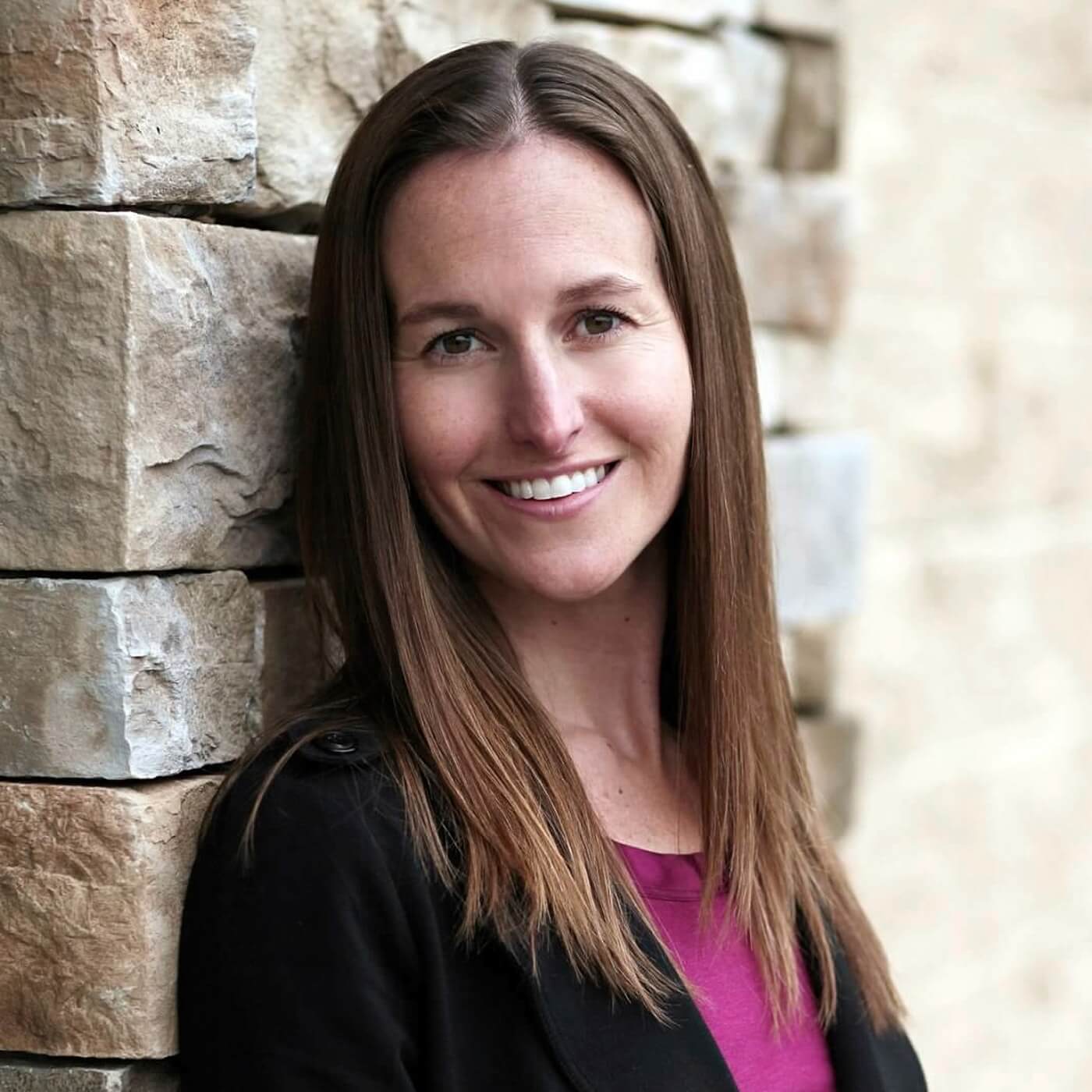

By: Lakeview Health
Kristie Overstreet, owner of The Therapy Department in Jacksonville, FL, discusses the process disorder of sex addiction emerging around substance abuse particularly in cross addiction. She also talks about the most common stressors and issues that surface when you’re addressing addiction and recovery among the LGBT community.
Podcast Transcript
Gina Thorne: Hi everyone, this is Gina Thorne with Lakeview Health and we’re happy that you could join us today for the Lakeview Podcast Series. I’m joined today by Kristie Overstreet, owner of the Therapy Department here in Jacksonville, and we’re excited to hear more about her program and learn more about some of her specialties. It’s good to have you, Kristie. Kristie Overstreet: Thanks for having me! Gina: So Kristie, you’ve worked in both the addiction and psychiatric services area for many years. I’m curious what prompted you to get engaged in this field. Kristie: I actually was working for the state of Georgia as a Child Abuse Investigator and I had the opportunity to work on a treatment team with other counselors and on that treatment team I was able to see how they impacted the lives of the children we worked with as well as their families, and it was one of the first times I experienced what counseling looked like. At that time I had the opportunity to start graduate school and I’ve always liked helping people and found that that was a niche of mine and then it evolved and I started my graduate program in counseling, and right out of the graduate program when I finished up my internship, Lakeview Health actually hired me for my first job as a counselor and so I got to learn everything about addictions there and it just evolved from there. Gina: And you worked in an administrative capacity for a period of time too, didn’t you, in Georgia? Kristie: I did. I did. I worked in Georgia as an administrator as well as I did some clinical director work at Lakeview as well as some inpatient dual diagnosis work. Gina: So you’ve got the full spectrum of understanding regarding the industry and the field which is great. Kristie: Thank you. Gina: So you’re currently in private practice. You started the Therapy Department fairly recently, can you tell us a little bit about your area of specialty? Kristie: Sure! Here at Therapy Department our biggest specialty that we work in is addictions, we do sex therapy, couples therapy, and gender and sexual identity issues. Gina: Ok, and so your average client would look like who? Kristie: Our average client would look like anyone that is ready to start working on their issues they’re facing. I say that because people come in for all different reasons and we just take each person and treat them as an individual and if we see that it’s an area that they may need another service or another resource, we help fit them with what they need. Gina: Well I know that Lakeview is really happy to have you as a resource particularly for aftercare when our patients are discharging and needing that continuation of therapy after they leave treatment. You mentioned that you focus on sex therapy. You’re a certified sex therapist, so how have you seen the process disorder of sex addiction emerge around substance abuse? Kristie: Well the biggest area of how I’ve seen it emerge is with cross addiction. A lot of times people will come in dealing with one issue or one substance they’re abusing or an issue they’re dealing with and when they get clean in one area, they likely want to jump into another area. I see the idea of substance abuse and addiction as trying to numb and trying to cope with feeling uncomfortable, and sex, just like drugs and alcohol, feels good and what happens for some people is that behavior they use to numb and cope and not deal with things, and that behavior gets out of control for them. I see that a lot. A lot of times people might come in with an alcohol problem or a drug problem and going through an assessment and really checking how their relationships are and what other areas of their lives are impacted by use, it will come out for many people that they deal with hypersexual behavior or sexual acting out that affecting them either in a relationship, or health wise, or in a legal capacity so what happens with a lot of people too is that going through treatment and going through counseling, a lot of providers don’t check in on their sexual relationships or see how their intimacy levels are, so a lot of people who are going through the process of recovery don’t ever get asked about those things and so it can easily come up when it’s not addressed. Gina: That’s important. It sounds to me like some of what you might be talking about would be no different than picking up another process disorder, like eating disorders. It’s just another drug of choice in that case. So that’s important to recognize. Kristie: Well I think that’s one of the things, too. The more people talk about it, especially within the field, the more it’s known and the more it’s ok to assess those things because sex is a taboo subject for a lot of people because of maybe how they were brought up or their views about it, so maybe just talking about it and giving permission for a person to open up and talk about it takes a lot of the stigma out. Gina: And not being judged, that’s a big part I’m sure. Kristie: That’s a big one. You’re right. Gina: You’re also deeply connected in working with the LGBT community. You actually launched the LGBT program at Lakeview years ago. Your practice provides a safe space to even host transgender support groups, which is great especially in the local Jacksonville area. What are some of the most common stressors and issues that emerge when you’re addressing addiction and recovery among the LGBT community? Kristie: Well there’s a lot, obviously. A lot of stressors and issues that come up but a few of the top ones, the first one that comes to mind is a dual stigma. Not only is someone in the LGBT community possibly having to deal with maybe coming out as a person, their sexual identity, their gender identity at work, maybe in their family, maybe in their relationship, in their school, or even their peer system, they’ve got to deal with that, for a lot of people, and they’ve got to deal with who they are. Then they’ve got the other stigma of being an alcoholic or an addict in recovery. Now they’ve got that as almost a red flag of having to deal with the stigma, then they’ve got their sexual identity or their gender identity that they’re dealing with and that’s different than someone who may not be in the LGBT community. Another one that comes up is there’s a lot of internalized homophobia and/or internalized transphobia which is kind of like that self-hatred that some people experience because of their sexual identity or their gender identity and that uncomfortable feeling of them not being comfortable with who they are as a person is a good reason for some people to numb and not deal with what’s going on by using drugs or alcohol or any other type of acting out behavior. So that comes up a lot in this community. And a third area that a lot of people in the LGBT community deal with is finding sober social support because of the nature of the LGBT community that people struggle with for so long, most places to meet and socialize in an accepted place is the bar scene. And it’s hard for some people in the LGBT community to find good sober social support. So those are just a couple of the issues that this community deals with. Gina: Well it’s nice to know that you offer them a safe space to have those discussions and hopefully over time we’ll be able to see more of those types of safe sober opportunities for them in the community. You’ve partnered with Lakeview over the years, so can you tell us what you like about the program and what it is about Lakeview that kind of helps you say “I can send a client there.” Kristie: I think the biggest thing that sticks out to me of why I would easily send any client that’s dealing with a dual diagnosis needing the help Lakeview provides is the individualized care Lakeview has always provided. They take each person as an individual, they assess what’s going on with that person in their world, and then they treat it specific to that. So if someone needs more of one thing than the other, what happens is that treatment team, what I’ve seen, is that they tailor it specific to that person and their needs. And the LGBT Freedom Rings program is an excellent example of that need that a lot of people in the LGBT community that go into recovery, they have that support there. Another reason is the skilled clinical team, and not just a clinician, but all aspects of the treatment team, whether it’s a physician, whether it’s a nurse, mental health technician, transportation, or office administration, everyone’s really on the same page of what that client needs and so I know that the client’s needs are going to get met because of that treatment team of pros. Gina: Well we certainly appreciate your endorsement and your support of Lakeview Health. If someone were to need to reach out to the Therapy Department, how could they get in touch with you? Kristie: Well people can always visit us online at therapydepartment.com, and department is all the way spelled out, or they can always give us a call here at the office at 904-566-9256 and we’d love to help out in any way that we can. Gina: Thank you, Kristie, it’s been a pleasure. For those of you interested in learning more about Lakeview Health, we invite you to visit us at lakeviewhealth.multiplica.dev and if you are looking for residential treatment for yourself or a family member or a loved one, we invite you to call us at [Direct].
